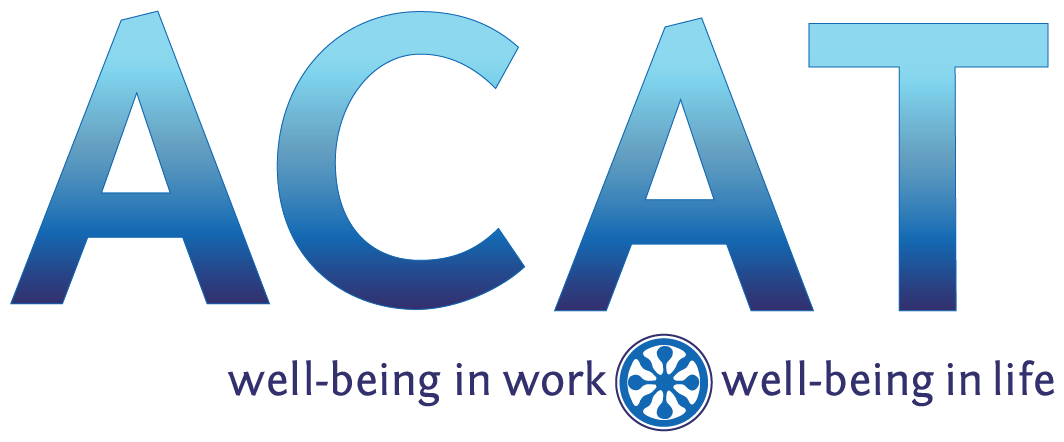by Karen Krueger
I know I'm not alone in feeling that at this moment in time and history, I need all my self-care skills and then some. The Alexander Technique is at the top of my list.
I can use my Alexander Technique skills in any given moment, in any given activity. Noticing what I am thinking and feeling; choosing not to react immediately; considering how I might direct my attention and energy; choosing not to attack problems and obstacles directly and immediate, but rather initiating movement towards my goal with attention to the process of movement: these simple but profound steps are life-altering.
I recently had the opportunity to introduce the Alexander Technique to a musician and vocal coach who had heard about it for years from singers who swear by it, but who had never actually experienced a lesson. About 30 minutes into his first lesson, lying on my table, he noticed that he was holding tension in a particular spot in his body. It was clearly new information, and somewhat disturbing to him; having become aware of it, he had a strong desire to fix it.
I suggested that he set aside this desire, and give his attention to the whole of him, to the support from the table, and to the process we were going through. As he gradually took in this idea, his eyes lit up and he began to smile. It was as though being given permission to not try to solve a problem immediately was both surprising and welcome. Later, when we summed up the key insights from the lesson, we agreed that he would observe this tension pattern (or lack of it) in everyday life, to see what he could learn from it.
This experience reminded me of one of the most important things I have learned as a student and teacher of the Alexander Technique: my strong emotional reactions when bad things happen, and my intensely-felt need to solve problems, interfere with my ability to think clearly. Immersing myself in what I am feeling does not help me discern what positive steps I can take; rather, it undermines my own well-being and thus my ability to continue to act. This does not mean I must ignore or "fix" my reactions. Rather, I can observe them, honor their message, and feel compassion for my own suffering. At the same time, I can choose to give myself time and space for thought, and then move and act only after due consideration of the larger picture.
I think the world could use more of this compassionate dispassion from all people of good will.
[author] [author_image timthumb='on']http://www.acatnyc.org/main/wp-content/uploads/2015/10/karen-headshot-67.jpg[/author_image] [author_info]KAREN G. KRUEGER practiced law in New York City for 25 years before training at ACAT, and has now been teaching the Alexander Technique for more than six years. She is the author of the recently published book A Lawyer’s Guide to the Alexander Technique: Using Your Mind-Body Connection to Handle Stress, Alleviate Pain, and Improve Performance (ABA Publishing). Website: http://kgk-llc.com. Buy the book.[/author_info] [/author]

